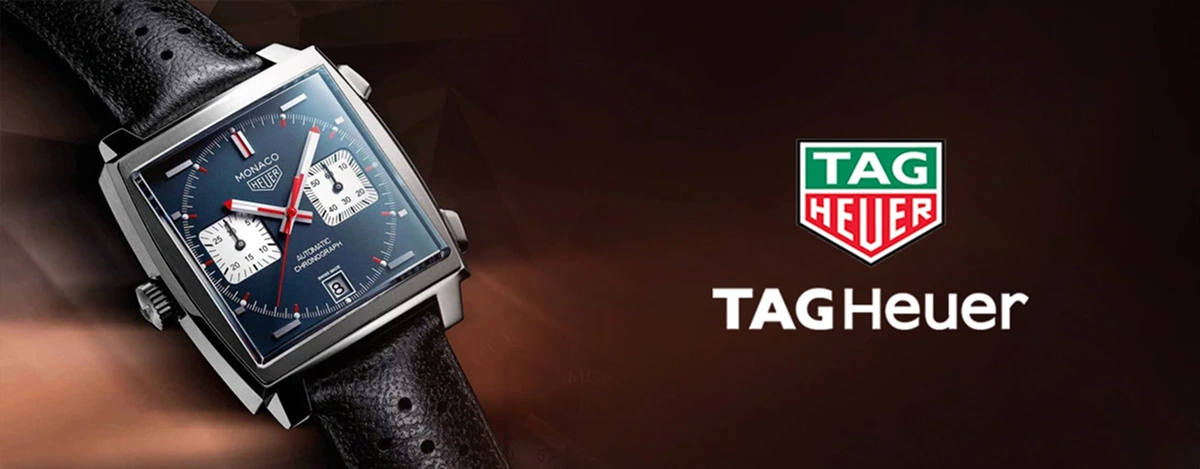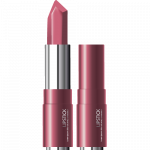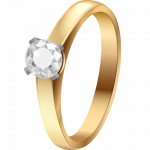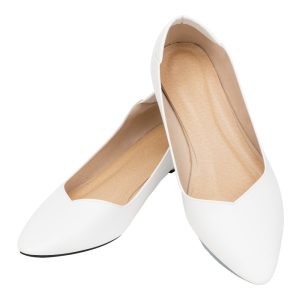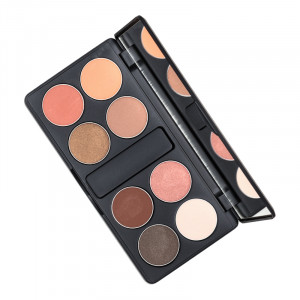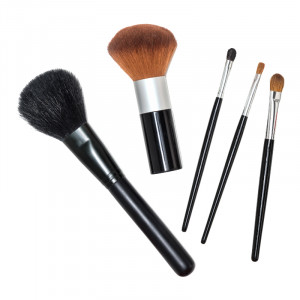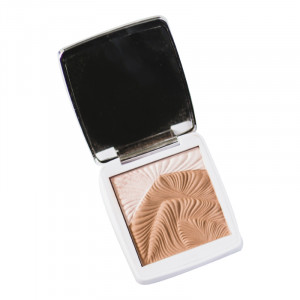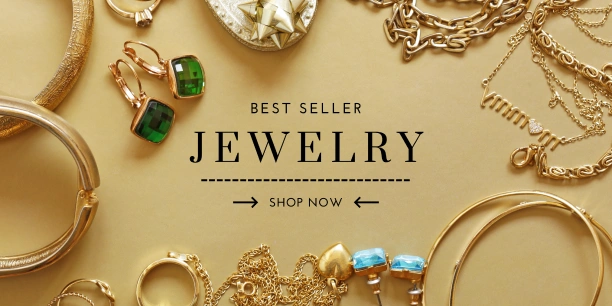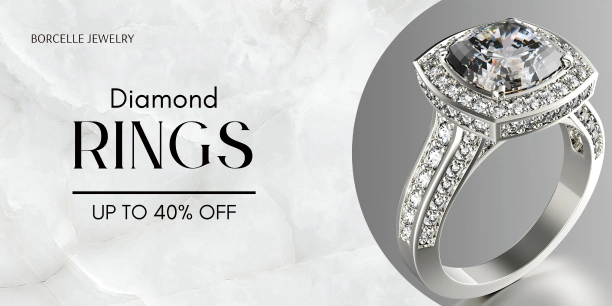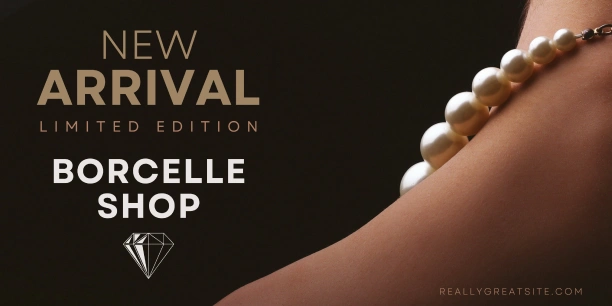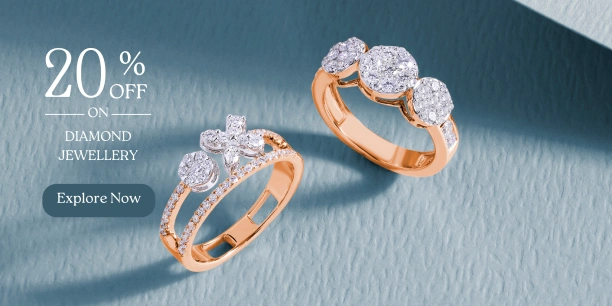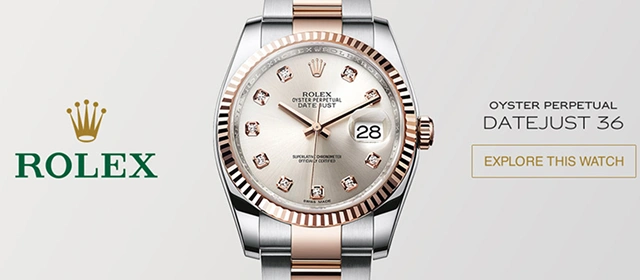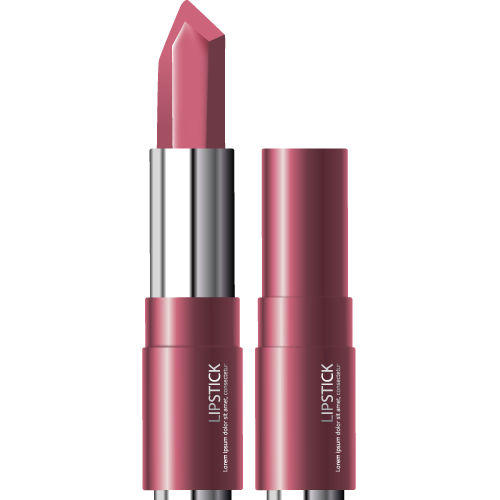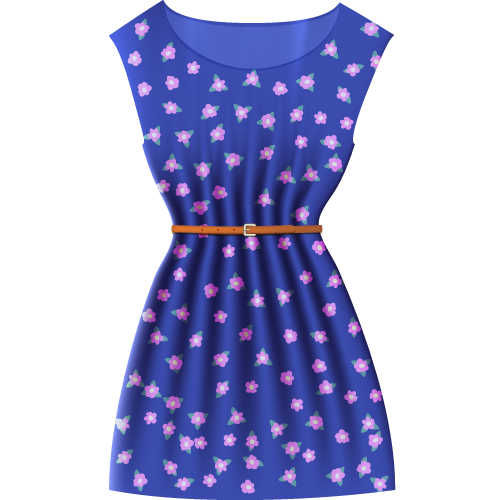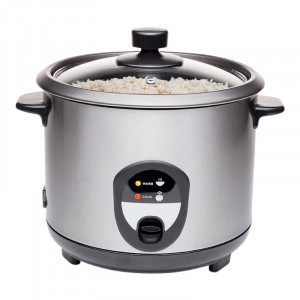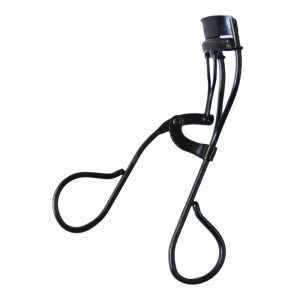Revo Apps
Please Login Here
New Products
-
UltraBook Air 14 inch Laptop Magnesium Black 4K Resolution Display
RevoWOO, the ultimate WooCommerce theme designed to showcase your products and services in the most luxurious and captivating way. With its sleek and modern design, RevoWOO provides a stunning visual experience that highlights the unique qualities of your offerings. Featuring customizable layouts, advanced functionality, and seamless integration, this theme ensures that your online store stands out and attracts customers effortlessly. Elevate your e-commerce presence with RevoWOO and turn your website into a perfect showcase for your business. RevoWOO is not just about aesthetics; it’s engineered for performance. Its responsive design ensures that your online store looks stunning on any device, whether it’s a desktop, tablet, or smartphone. With super fast loading times and optimized coding, RevoWOO guarantees a smooth shopping experience for your customers. Additionally, the theme is SEO optimized to enhance your store’s visibility on search engines, driving more organic traffic to your site.$215.00 -
Elizabeth And James Dresses Elizabeth And James Ayla Asymmetrical Dress
You can write your product short description here to attract potential buyers. RevoWOO is a WooCommerce theme designed to achieve high conversion rates, optimized for lightning-fast speed, SEO-friendly to enhance search engine visibility, and fully responsive to ensure a seamless shopping experience on any mobile device.$720.00 -
Comfortable Slip-on Dressy Casual Business Work Office Shoes
You can write your product short description here to attract potential buyers. RevoWOO is a WooCommerce theme designed to achieve high conversion rates, optimized for lightning-fast speed, SEO-friendly to enhance search engine visibility, and fully responsive to ensure a seamless shopping experience on any mobile device.4%$850.00$820.00 -
White women’s shoes
revo7%$290.00$270.00 -
Smartphone 8/256GB
New Smartphone18%$1,000.00$825.00 -
Vegetarian Cheese Burger
This cheeseburger is perfect for you if you are a vegetarian or you want to be a vegetarian.9%$23.00$21.00 -
Car Remote Control
Best toy for kids with the newest model and technology.40%$57.00$34.00 -
Blush On
Blush on with a lot of color variants. And good for you who always working outdoor.19%$31.00$25.00 -
Brush Toolset
The complete high-quality brush toolset for you.9%$11.00$10.00 -
Highlighter
The newest top highlighter is here for you.4%$24.00$23.00 -
Blush On
Great blush on for you is here now. This new product has the best quality at an affordable price, get it now.11%$18.00$16.00 -
Limited Edition Lipstick
Limited lipstick with beautiful color, and high quality.14%$21.00$18.00
Special Promo : App Only
Promo Just For You
-
Crayons Set
This product is the highest quality product. Currently only available for demo purposes only, cannot be traded. For more information, please contact the Web Admin.4%$120.00$115.00 -
Ballpoint Set
This product is the highest quality product. Currently only available for demo purposes only, cannot be traded. For more information, please contact the Web Admin.18%$60.00$49.00 -
Yellow Marker
This product is the highest quality product. Currently only available for demo purposes only, cannot be traded. For more information, please contact the Web Admin.24%$25.00$19.00 -
Black Snaps
This product is the highest quality product. Currently only available for demo purposes only, cannot be traded. For more information, please contact the Web Admin.15%$27.00$23.00 -
Orange Scissor
This product is the highest quality product. Currently only available for demo purposes only, cannot be traded. For more information, please contact the Web Admin.71%$412.00$120.00 -
Water Coloring Brush
This product is the highest quality product. Currently only available for demo purposes only, cannot be traded. For more information, please contact the Web Admin.$1,000.00$999.00 -
Diamond Pendant Solitaire
This product is the highest quality product. Currently only available for demo purposes only, cannot be traded. For more information, please contact the Web Admin.8%$18,000.00$16,500.00 -
Pearl Gold Earrings
This product is the highest quality product. Currently only available for demo purposes only, cannot be traded. For more information, please contact the Web Admin.4%$2,500.00$2,400.00 -
Gold Diamond Ring
This product is the highest quality product. Currently only available for demo purposes only, cannot be traded. For more information, please contact the Web Admin.26%$900.00$670.00 -
Diamond Engagement Ring
This product is the highest quality product. Currently only available for demo purposes only, cannot be traded. For more information, please contact the Web Admin.9%$1,600.00$1,450.00 -
Diamond Bracelet
This product is the highest quality product. Currently only available for demo purposes only, cannot be traded. For more information, please contact the Web Admin.7%$3,100.00$2,870.00 -
Fresh Vegetables
This product is the highest quality product. Currently only available for demo purposes only, cannot be traded. For more information, please contact the Web Admin.29%$7.00$5.00
Best Deals
-
Comfortable Slip-on Dressy Casual Business Work Office Shoes
You can write your product short description here to attract potential buyers. RevoWOO is a WooCommerce theme designed to achieve high conversion rates, optimized for lightning-fast speed, SEO-friendly to enhance search engine visibility, and fully responsive to ensure a seamless shopping experience on any mobile device.4%$850.00$820.00 -
Stereo Headphone
This product is the highest quality product. Currently only available for demo purposes only, cannot be traded. For more information, please contact the Web Admin.7%$290.00$270.00 -
Rice Cooker
Best rice cooker with low energy usage, new model, and easy to carry to anywhere.23%$40.00$31.00 -
Washing Machine Front Loader
Washing machine with the newest technology and low energy usage.8%$600.00$550.00 -
Diamond Engagement Ring
This product is the highest quality product. Currently only available for demo purposes only, cannot be traded. For more information, please contact the Web Admin.9%$1,600.00$1,450.00 -
Eyelash Toolkit
New eyelash toolkit to help you have perfect eyelashes.$0.00 -
Luxury Watches
This product is the highest quality product. Currently only available for demo purposes only, cannot be traded. For more information, please contact the Web Admin.6%$4,150.00$3,900.00 -
Highlighter
The newest top highlighter is here for you.4%$24.00$23.00 -
Bread Toaster
The new best bread toaster is here with low usage of energy and affordable price.12%$90.00$79.00 -
Cotton Sweater
Premium sweater with high-quality material.29%$55.00$39.00 -
Brush Toolset
The complete high-quality brush toolset for you.9%$11.00$10.00 -
Casual Jeans
This product is the highest quality product. Currently only available for demo purposes only, cannot be traded. For more information, please contact the Web Admin.16%$90.00$75.99 -
Crayons Set
This product is the highest quality product. Currently only available for demo purposes only, cannot be traded. For more information, please contact the Web Admin.4%$120.00$115.00 -
Vegetarian Cheese Burger
This cheeseburger is perfect for you if you are a vegetarian or you want to be a vegetarian.9%$23.00$21.00 -
Laptop New Processor
This product is the highest quality product. Currently only available for demo purposes only, cannot be traded. For more information, please contact the Web Admin.9%$250,000.00$227,000.00 -
UltraBook Air 14 inch Laptop Magnesium Black 4K Resolution Display
RevoWOO, the ultimate WooCommerce theme designed to showcase your products and services in the most luxurious and captivating way. With its sleek and modern design, RevoWOO provides a stunning visual experience that highlights the unique qualities of your offerings. Featuring customizable layouts, advanced functionality, and seamless integration, this theme ensures that your online store stands out and attracts customers effortlessly. Elevate your e-commerce presence with RevoWOO and turn your website into a perfect showcase for your business. RevoWOO is not just about aesthetics; it’s engineered for performance. Its responsive design ensures that your online store looks stunning on any device, whether it’s a desktop, tablet, or smartphone. With super fast loading times and optimized coding, RevoWOO guarantees a smooth shopping experience for your customers. Additionally, the theme is SEO optimized to enhance your store’s visibility on search engines, driving more organic traffic to your site.$215.00 -
Vacuum Cleanerr
This vacuum cleaner is fit for household usage with low energy usage, small noise, and affordable price. Get it now.4%$230.00$220.00 -
White Ladies Shoes
This product is the highest quality product. Currently only available for demo purposes only, cannot be traded. For more information, please contact the Web Admin.7%$290.00$270.00
Latest from the blog
Read our interesting articles

The Evolution of Fashion: A Journey Through Style
Introduction
Diamonds, with their brilliant sparkle and extraordinary hardness, have long been symbols of wealth, power, and eternity. As one of the most coveted gemstones in the world, diamonds boast a rich history, a fascinating formation process, and a variety of applications beyond the realm of jewelry.
History of Diamonds
The origins of diamonds can be traced back thousands of years, with the first recorded use in India around 4,000 years ago. In ancient times, diamonds were considered mystical objects believed to possess protective and healing powers. They were used by nobility and royalty as symbols of status and power.
In the 18th century, the discovery of diamonds in Brazil shifted the primary source of diamonds from India. However, a significant event occurred in the late 19th century with the discovery of diamonds in South Africa, which revolutionized the diamond industry. Companies like De Beers monopolized diamond production and promoted the idea of diamonds as symbols of everlasting love through their famous advertising campaign, "A Diamond is Forever."
The Formation of Diamonds
Diamonds form deep within the Earth's mantle, under conditions of extreme pressure and temperature, about 150-200 kilometers below the surface. This process takes billions of years. Diamonds are created from carbon atoms arranged in a crystal structure that gives them their incredible hardness.
Diamonds are then brought to the Earth's surface through deep volcanic eruptions. The volcanic material containing diamonds is called kimberlite. These eruptions form kimberlite pipes, which are the primary sources of mined diamonds today.
Characteristics and Grading of Diamonds
Diamonds are evaluated based on the "Four Cs": Carat, Cut, Color, and Clarity.
Carat: This refers to the weight of the diamond. One carat is equivalent to 200 milligrams. Larger diamonds are rarer and thus more valuable.Cut: The cut of a diamond determines its brilliance. It refers to how well a diamond has been shaped and faceted. A well-cut diamond reflects light beautifully, enhancing its sparkle.Color: Diamonds come in a variety of colors, but the most valuable diamonds are those that are colorless. The Gemological Institute of America (GIA) grades diamonds on a color scale from D (colorless) to Z (light yellow or brown).Clarity: This measures the presence of internal or external imperfections, known as inclusions and blemishes, respectively. The fewer the imperfections, the higher the clarity grade and the more valuable the diamond.
Uses of Diamonds
While diamonds are most commonly associated with jewelry, particularly engagement rings, they have several other uses due to their unique properties.
Industrial Applications: Diamonds are used in cutting, grinding, and drilling tools because of their unmatched hardness.Scientific Research: Diamonds are used in high-pressure experiments and as semiconductors in electronics.Medical Field: Diamonds are utilized in medical equipment, such as diamond-tipped scalpels, for precise surgical procedures.
Ethical Considerations
The diamond industry has faced scrutiny due to the issue of "blood diamonds" or "conflict diamonds," which are mined in war zones and sold to finance armed conflict against governments. Efforts like the Kimberley Process Certification Scheme have been established to prevent the trade of conflict diamonds and ensure that diamonds on the market are ethically sourced.
Conclusion
Diamonds continue to captivate with their unparalleled beauty and durability. Their journey from deep within the Earth to becoming cherished symbols of love and commitment is a testament to their enduring allure. As consumers become more aware of the ethical implications of diamond mining, the industry is evolving to prioritize transparency and sustainability, ensuring that these precious gems remain symbols of both beauty and integrity.
Continue Reading

Porsche’s New Custom Division Took a Beat-Up Old 996-Generation 911 and Turned It Into a Dream Car
It may be less than a year old, but Porsche’s Sonderwunsch program is already making some noise.
The marque’s restoration division has just unveiled its latest project, the one-off 911 Classic Club Coupe. The program worked closely with the Porsche Club of America (PCA) to take a forgotten example from the sports car’s 996-generation and turn it into something genuinely unique.
More from Robb Report
Launched last May, Sonderwunsch is an in-house division that attempts to give customers a direct say creating the Porsche of their dreams. We don’t know who commissioned its latest vehicle, but what we do know is that the team that worked on it have really outdone themselves with the Classic Club Coupe.
Porsche Sonderwunsch 911 Classic Club Coupe - Credit: Porsche
Porsche
The one-of-a-kind vehicle’s story begins when PCA’s executive director Vu Nguyen came across a beat-up 1998 911 Carrera sitting on a dealership lot in Columbia, Virginia, according to the brand. The car was then sent to the Porsche Classic Workshop in Germany, where it was rebuilt from the ground up over the course of two-and-a-half years. By the time it was done, it had been equipped with a new chassis, brakes and a naturally aspirated 3.6-liter flat-six from a second-generation 911 GT3. The mill, which is mated to a manual transmission, can pump out a maximum of 383 horses.
As vital as those changes may be, what really elevates this restomod is how it looks. It’s been finished in a gorgeous coat of Sport Grey Metallic that’s only interrupted by two Sport Grey racing stripes outlined in Club Blue and Classic Club Coupe decals. Other new features include a hand-built double-bubble roof and ducktail spoiler, as well as a set of 18-inch forged aluminum Fuchs wheels. Inside, black leather seats are accented in Slate Grey and Club Blue. The dash has also been outfitted with a modern infotainment system, compatible with Apple Car Play and Android Auto.
Story continues
The interior of the Porsche Sonderwunsch 911 Classic Club Coupe
“The Type 996 is unjustly overshadowed by the other 911 ranges,” Alexander Fabig, head of Individualization and Classic at Porsche, said in a statement. “That’s why we were happy to choose it as the basis for demonstrating all the things we can do with Porsche Classic and the recently expanded Sonderwunsch program of Porsche AG.”
This is the second Sonderwunsch custom job we’ve seen since the division was first announced. Last November, the program showed off a special 911 GT3 designed by race legend Paolo Barilla, which features a racing-style livery like the 956 he drove to victory at the 24 Hours of Le Mans in 1985. No price was given for either car.
Continue Reading

Manage Your Living Room Layout
Hoping to craft a living room you’ll love now, years from now, and maybe even decades from now? Take a few cues from traditional design. The classic design style is defined by its restrained palette, love of antiques, and commitment to symmetry. And since those elements work in just about any interior, it’s little wonder traditional design has stood the test of time.
“Traditional design should incorporate elements that you’ve seen for generations in home design,” Alessandra Wood, design historian and Vice President of Style at Modsy, says. Think: classic furniture silhouettes, simple patterns, balanced layouts, and museum-worthy art.
“A traditional interior looks like it could’ve been designed 50 years ago or 10 years ago,” Wood adds. “It’s timeless in one sense, but also rooted in traditional forms.”
Since traditional design is so classic and enduring, it’s a style worth getting acquainted with, and once you’ve mastered it, you’ll be crafting spaces that almost never need redecorating. To help you score some classic style in your living room, we’ve rounded up 30 living rooms that have made the most of traditional style—and we’ve cited a traditional living room design idea worth stealing from each of them.Limit the Colors in Your Palette
Color is welcome in traditional design, but the key is to keep your colors consistent. So commit to a few core shades, and stick to your neatly defined palette.
If you’re not sure which colors to choose, look to your printed pieces for inspiration. “Traditionally coordinating colors are often pulled out of the fabrics utilized,” Miriam Silver Verga, principal designer at Mimi & Hill, says. If one of your statement-makers is made up of three different shades, build your entire palette around that trio of colors.Stick to a Symmetrical Layout
There are many ways to organize your living room, but if you want your space to feel traditional, keep your layout balanced and symmetrical. “Symmetry and balance are key in terms of layout,” Silver Verga says.
Stick a couch on either side of your coffee table, or arrange your chairs in symmetrical pairs.Line Your Walls With Classic Wood Accents
Paint isn’t the only way to transform your walls. If you want your space to feel more traditional, unearth some of its built-in architectural elements. Sand down your trim until you can tell it’s made from wood, and stain your wooden doors instead of painting them.
If your home has no built-in elements to unearth, add a few traditional details that suit your home’s architectural style.Ground Your Space With an Area Rug
Rugs make a classic addition to any space, so it should come as no surprise that they look great in traditional living rooms. “Rugs are an important element of traditional design,” Silver Verga says.
And don’t pick a rug that’s too small, either. “Go big,” Silver Verga adds. “Rugs should be large and even layered.”Set the Mood With Layered Lighting
No space is complete without thoughtful lighting, and if you layer different fixtures, you can flexibly adjust your living room’s lighting set-up throughout the day.
“Levels of lighting are important for creating ambiance, with sconces and lamps being important elements,” Silver Verga says. Pair a bold chandelier with a few striking table lamps. And layer in other forms of lighting, like wall sconces and art-mounted picture lights.Keep Your Patterns Tight and Simple
Classic patterns—like stripes and florals—abound in traditional design, and they can be a fun way to add interest to your living room.
“I’d incorporate a few traditional patterns in accents, such as a flame stitch pillow,” Wood says.
Just be sure to keep your patterned pieces simple, neat, and time-honored. “The patterns should be tighter and not painterly,” Silver Verga says. Trade abstract florals for realistic ones, and favor simple prints wherever you can.Stock Up on Antique Furniture
One easy way to keep your furniture traditional? Stock up on genuine antiques.
“I love incorporating antiques—especially tables, desks, or storage pieces,” Wood says. “It’s nearly impossible to find wood with the same patina and quality in new furniture today, so these pieces are really special in any space.”Have Fun With Your Upholstery
Too often, we treat the word “traditional” like it’s synonymous with “boring” or “staid.” But traditional upholstery is actually packed with delightful details.
“Seamstress tailoring will be evident throughout, with pleats, skirts, ruffles, and handiwork,” Silver Verga says. That’s right—maximalist details, like ruffles and fringe, line traditional couches and armchairs. So you can have fun while maintaining your timeless traditional aesthetic.Favor Classic Silhouettes
When stocking up on furniture, look to history for inspiration and favor classic furniture silhouettes wherever you can.
Silver Verga notes that in traditional design, “furniture silhouettes are based on historical styles.” So keep an eye out for furniture you’d think of as classic—like chesterfield sofas, upholstered armchairs, and solid wood armoires.Make the Most of Ornate Trim
Remember that interior design isn’t just about adding to your space. It’s also about making the most of what you have. So if your home is already pretty traditional, look for ways to draw attention to its classic architectural elements. Could you brighten up your trim with a fresh coat of paint, or dust off your old marble fireplace?
SOURCE: https://www.mydomaine.com/traditional-living-room-5215253
Continue Reading



